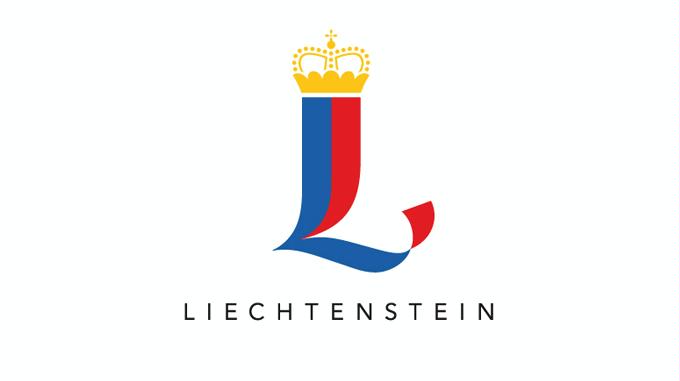The Principality of Liechtenstein was established within the Holy Roman Empire in 1719. Occupied by both French and Russian troops during the Napoleonic Wars, it became a sovereign state in 1806 and joined the Germanic Confederation in 1815. Liechtenstein became fully independent in 1866 when the Confederation dissolved. Until the end of World War I, it was closely tied to Austria, but the economic devastation caused by that conflict forced Liechtenstein to enter into a customs and monetary union with Switzerland. Since World War II (in which Liechtenstein remained neutral), the country's low taxes have spurred outstanding economic growth. In 2000, shortcomings in banking regulatory oversight resulted in concerns about the use of financial institutions for money laundering. However, Liechtenstein implemented anti-money laundering legislation and a Mutual Legal Assistance Treaty with the US that went into effect in 2003.
Liechtenstein is a constitutional monarchy.
Source: CIA World Factbook
Members:
Resources
Displaying 16 - 20 of 29Act amending the Act on Soil improvement.
The present Act introduces some substantial amendments to the Act of 25 November 1981 on Soil improvement. In particular, the Act rewords article 1 concerning the definition of “soil improvements” being measures intended to maintain, restore the productivity of the soil, or facilite its cultivation. Furthermore, the Act amends, inter alia, Part III on Soil improvements, in particular, article 30 on Purpose; article 31 on Allocation principles; article 39 on Acquisition of property.
Amends: Act on soil improvement. (1981-11-25)
Act on soil improvement.
The present Act lays down provisions relating to soil improvement in the Principality of Liechtenstein. Article 1 establishes that soil improvements are measures having the purpose to maintain, increase or restore the productivity of the soil, as well as to facilities its cultivation. In particular, the Act regulates the: a) consolidation of agricultural and forestry land; b) land re-allocation; c) other soil improvement measures; d) public contributions to soil improvement.
Building Act.
The present Act regulates the: a) construction, alteration, demolition, maintenance and use of buildings and facilities with the aim to promote the design and development quality in the communities; b) orderly and soil-saving development of the country. The text consists of 103 articles divided into 7 Parts as follows: General provisions (I); Planning rights (II); Building rights (III); Organization and implementation (IV); Legal protection (V); Penalties (VI); Transitional and final provisions (VII).
Act amending the Land Transaction Act.
The present Act introduces some amendments to the Land Transaction Actof 9 December 1992. In particular, the Act amends article 3 dealing with land transactions exempt from authorization by competent authority. The text consists of 2 articles.
Amends: Land Transaction Act. (1992-12-09)
Ordinance amending the Building Ordinance.
The present Ordinance introduces some amendments to the Building Ordinance of 22 September 2009. In particular, the Ordinance amends, inter alia, article 67 dealing with authorization on behalf of the competent authority for use of public soil. Moreover, the Ordinance amends Annex 4. The text consists of 4 Annexes.
Amends: Building Ordinance. (2012)


